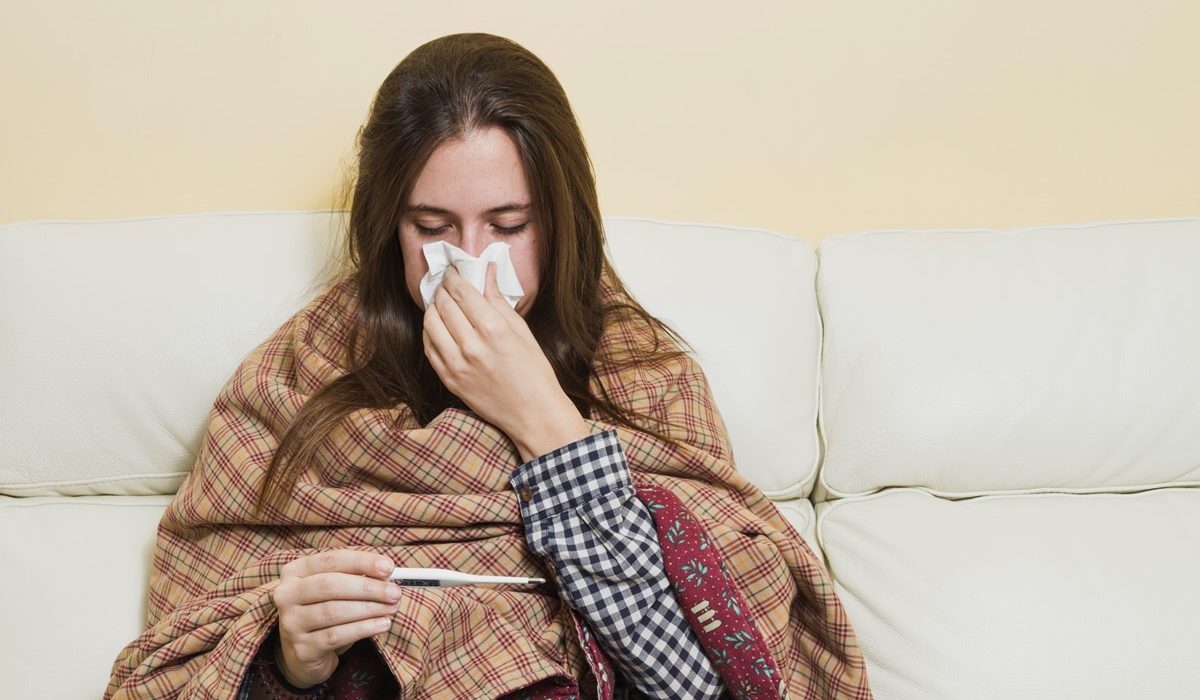Influenza is a viral infection that affects the respiratory system, causing fever, cough, and other symptoms. H3N2 flu is a type of influenza virus that has been causing outbreaks in various parts of the world. Here’s what you need to know about this flu outbreak.
What is H3N2 Flu?
H3N2 flu is a subtype of the influenza A virus that causes seasonal flu outbreaks in humans. The virus is highly contagious and can be spread through the air when an infected person coughs or sneezes. The symptoms of H3N2 flu are like other types of flu, including fever, cough, sore throat, fatigue, and body aches.
How is the H3N2 Flu Outbreak Spreading?
The H3N2 flu outbreak is spreading through human-to-human contact. The virus can be transmitted through respiratory droplets when an infected person coughs or sneezes. The flu virus can also spread through contact with contaminated surfaces, such as doorknobs or keyboards.
Who is at Risk?
Everyone is at risk of contracting the H3N2 flu, but certain groups are more vulnerable than others. This includes young children, elderly adults, pregnant women, and people with weakened immune systems.
What are the Treatment Options?
There is no specific treatment for the H3N2 flu, but antiviral medications can help alleviate symptoms and reduce the duration of the illness. It’s important to see a healthcare provider as soon as possible if you think you have the flu, as antiviral medications are most effective when taken early.
How can the H3N2 Flu be Prevented?
The best way to prevent the H3N2 flu is to get vaccinated every year. The flu vaccine is the most effective way to protect against the flu and reduce the spread of the virus. It’s also important to practice good hygiene, such as washing your hands frequently, covering your coughs and sneezes, and avoiding close contact with sick people.
What Should You Do if You Think You Have the Flu?
If you think you have the flu, stay home and avoid contact with others to prevent the spread of the virus. Rest, drink plenty of fluids, and take over-the-counter medications to alleviate symptoms. If your symptoms worsen or you develop complications, such as pneumonia, seek medical attention immediately.
The H3N2 flu outbreak is a serious public health concern that requires attention and action. By taking preventive measures and seeking prompt medical attention, we can reduce the impact of the virus and protect ourselves and those around us.

